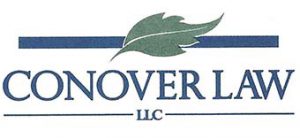Probate and Trust Litigation
Disputes can arise in the course of administering an estate or a trust. Among the most common disputes that arise in the course of administering an estate or trust is what is known as a “will contest”, in which a party alleges that a document (not necessarily limited to a Will, and may include a Trust, a Deed to real property, or even a beneficiary designation on a financial account) executed by the now deceased person is not valid for some reason. The most common bases for alleging invalidity of such a document is lack of “capacity”, i.e. the person did not have the ability to understand what they were doing when they executed the document, and/or “undue influence”, in which a third-person causes a person to execute a document that they would not otherwise have executed, often benefitting the influencer.
Additional disputes that can arise in the course of administering an estate or trust include: challenging the manner in which a “fiduciary” (including a “personal representative”, a conservator, or a “trustee”) is managing finances; claims of a “common law marriage”, in which a marriage may have existed with the now-deceased individual and third-party, despite never having been legally married; and, a creditor dispute, in which a claim has been, or needs to be, filed against an estate for money owed to a third-party.
The attorneys at Conover Law, LLC are experienced in both prosecuting and defending probate and trust litigation claims. Whether an Estate or Trust has denied your rights as a beneficiary, creditor, or is mismanaging resources, or you are a fiduciary and claims have been filed against the estate or trust and/or your management of the finances, Conover Law, LLC can effectively represent you through the process.
